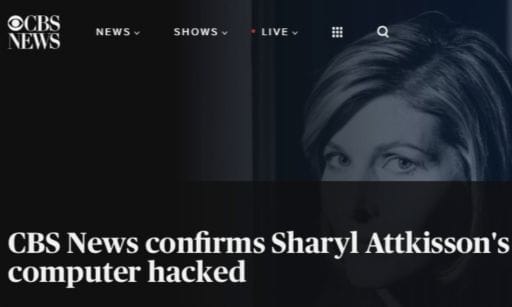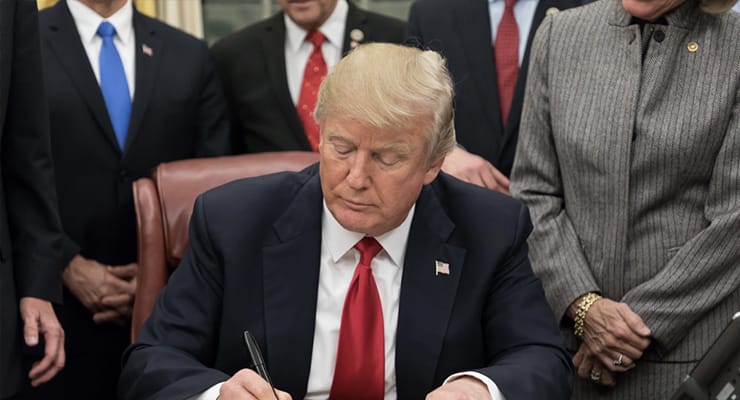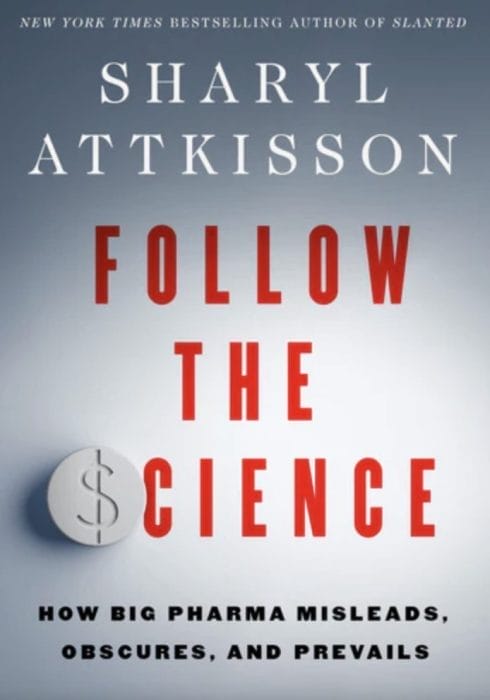There’s a new law to crack down on so-called “robocalls.” A robocall is a computerized automatically dialed call that usually delivers a pre-recorded message. Such technology is often used for political marketing, polls, and advertising. Many Americans consider them nuisance calls.
President Trump signed the Telephone Robocall Abuse Criminal Enforcement and Deterrence (TRACED) Act on December 30, 2019.
The Act pulls together many federal and state agencies to improve enforcement and prosecution of laws against robocalls. It provides the Federal Communications Commission (FCC) with more time to catch and take action against the offenders, many of whom are repeat violators.
Senators John Thune (R-S.D.) and Ed Markey (D-Mass.) sponsored the Act and issued statements in anticipation of the President’s signing of the bill.
Robocalls are already regulated, and some of them are illegal. However, the senators say the TRACED Act provides more ammunition against the calls; requiring phone carriers to authenticate whether calls are legitimate, and to block unverified robocalls at no charge to the consumer.
In 2018, when Thune served as chairman of the Commerce Committee, the committee heard testimony under subpoena from Adrian Abramovich, the president of a now defunct company called Marketing Strategy Leaders. Abramovich, who has since been assessed a $120 million fine by the FCC for making nearly 100 million robocalls between 2015 and 2016, described a telemarketing operation as rather easy to put together and nimble, thus making enforcement difficult.
Release from Senators John Thune (R-S.D.) and Ed Markey (D-Mass)
Summary of the TRACED Act:
- Broadens the authority of the Federal Communications Commission (FCC) to levy civil penalties of up to $10,000 per call on people who intentionally flout telemarketing restrictions.
- Extends the window for the FCC to catch and take civil enforcement action against intentional violations to four years after a robocall is placed. Under current law, the FCC has only one year to do so, and the FCC has told the committee that “even a one-year longer statute of limitations for enforcement” would improve enforcement against violators.
- Brings together the Department of Justice, FCC, Federal Trade Commission, Department of Commerce, Department of State, Department of Homeland Security, the Consumer Financial Protection Bureau, and other relevant federal agencies, as well as state attorneys general and other non-federal entities to identify and report to Congress on improving deterrence and criminal prosecution at the federal and state level of robocall scams.
- Requires voice service providers to adopt call authentication technologies, enabling a telephone carrier to verify that incoming calls are legitimate before they reach consumers’ phones.
- Directs the FCC to initiate a rulemaking to help protect subscribers from receiving unwanted calls or texts from callers.
- Directs the FCC to initiate a rulemaking process to protect consumers from “one-ring” scams.
- Requires the FCC to establish a working group to issue best practices to prevent hospitals from receiving illegal robocalls.
Read more by clicking the link below:





I’ll believe it when I see indictments, trials and convictions. The ACLU (Atheists, Communists, Liberals, Un-Americanss) will probably defend robocallers by citing the First Amen dent..
Glad to know this news. Until now, there’s no way we can avoid those robocalls unless we sue them like what I read at https://www.whycall.me/news/consumer-wins-massive-229500-robocall-lawsuit-against-time-warner-cable/. With this new law, I really hope that the amount of robocalls that we get will be significantly decreased.
I so hope this law will be effective because these calls are frequent and very bothersome. I’ve been getting calls that play a recording that says it’s the Social Security Administration. The calls are coming after 6 p.m. First of all, I know the SSA doesn’t call people unless you’ve called them first to initiate some action, and secondly, SSA would not be calling after 6.
Can someone explain what that “one-ring scam” is about? Thanks.